Mount Mitake Report
| Autumn Color Report 2015 Official autumn color reports by japan-guide.com |
| previous post |
| next post |
2015/11/18 - Mount Mitake Report
by joe
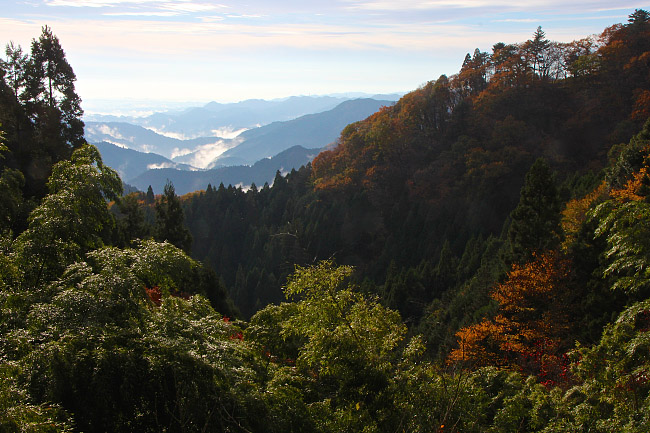
While mentioning the name "Tokyo" usually evokes images of a crowded, sprawling, concrete and glass jungle, there is literally another side to Tokyo that seems to be a world apart from the familiar metropolis. On the very westernmost border of what is technically Greater Metropolitan Tokyo, mountainous river gorges covered in thick forests, dotted with quiet, quaint villages make up the scenery. For those looking for a relatively accessible escape from the city into nature, this area offers much. And today, I made my way there to see what kind of autumn colors this place had to offer, too.
My destination today was Mount Mitake, located about an hour and a half train ride west of Shinjuku within the Chichibu-Tama-Kai National Park. The mountain has been famous as a holy place for religious pilgrims to the Musashi-Mitake Shrine that sits atop the 929-meter summit for centuries, with a village built up around it to accommodate visitors. Hiking trails branch off in all directions from the shrine, traversing a network that spans much of the national park, making the village a perfect base to stay a night or two while exploring the area.
When I arrived yesterday afternoon, I was greeted with some still-nice autumn colors around the Tama River, at the base of the mountain. Continuing up the Mitake Cablecar, which takes visitors to the mountain proper, I found a good mix of red and yellow amongst the pine trees. But as it was a bit too late to do any hiking, I briefly looked around the mountaintop village and checked into my accommodation for the night.
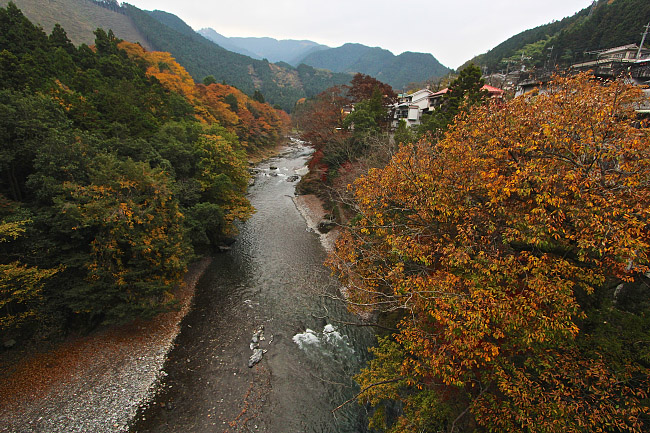
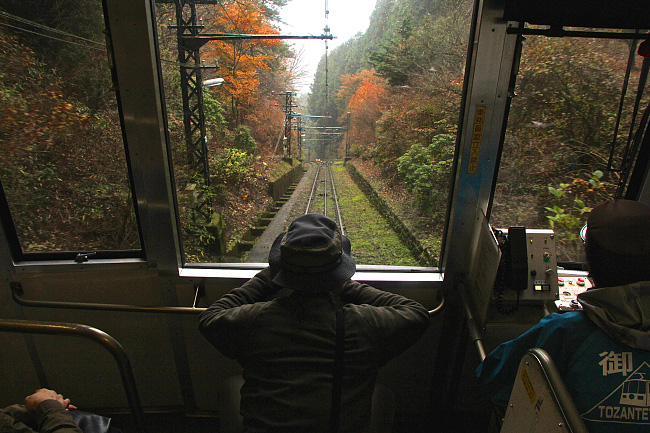
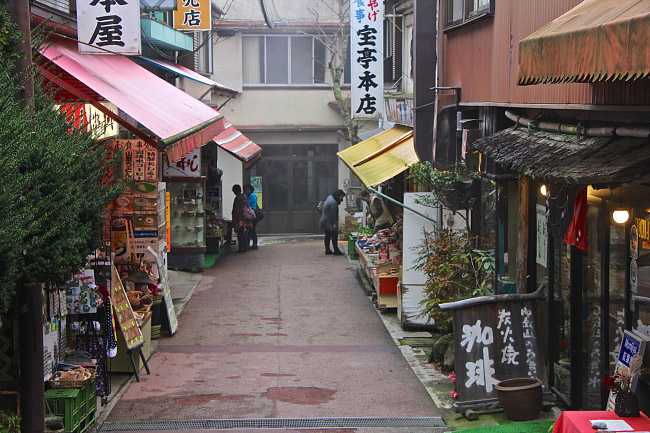
As most travelers to Mitake in older times were religious pilgrims, many of the lodgings in the village took to serving guests in the same style pilgrims staying within a temple complex would have. Meals are simple and traditional, consisting mainly of locally-sourced vegetables (though today most also offer fish and meat as well). Some lodgings today also even offer excursions to experience Takigyo, an old ascetic practice of standing in meditation beneath a waterfall. Most are quite small and family-run for generations. At my own "shukubo," the proprieter was very friendly and acommodating, giving me lots of advice for my hike the next day.
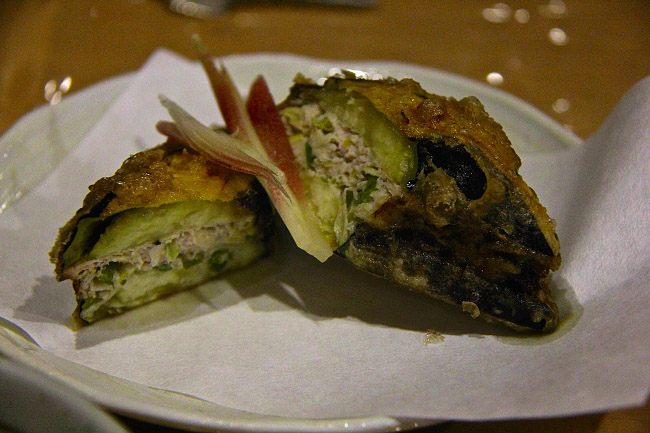
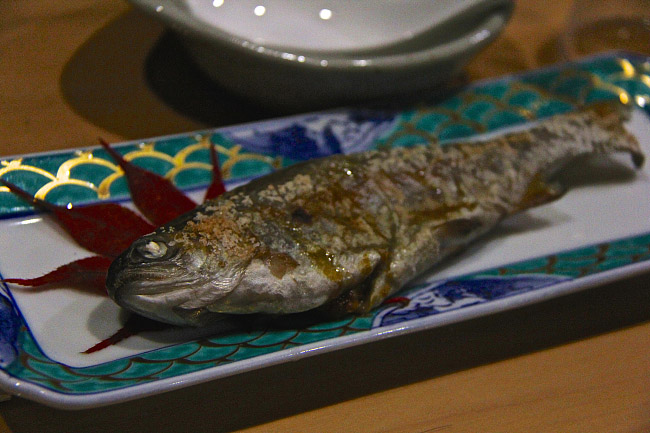
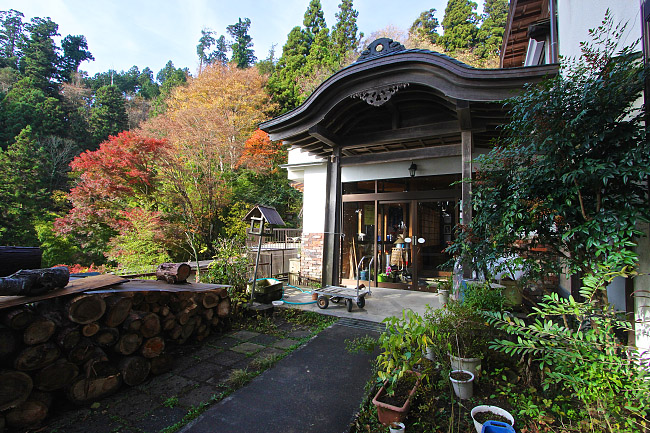
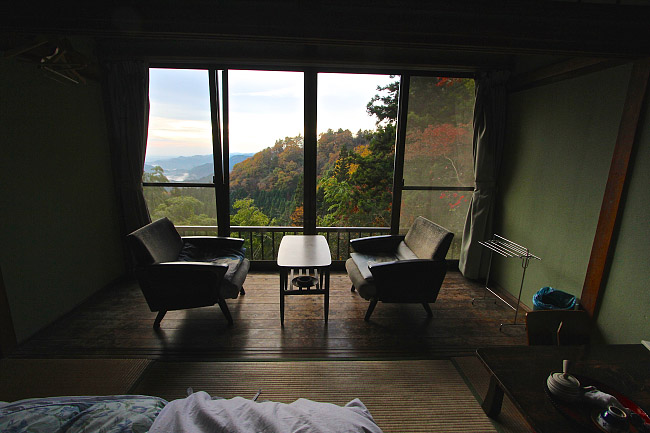
In the morning, I left early to hike around the trail circuit connecting some of the nicer parts of the mountain. My first stop was to the Musashi-Mitake Shrine itself, where I encountered what might have been the best autumn color for the day. The momiji trees (Japanese maple) around the shrine were arguably at their peak color today.
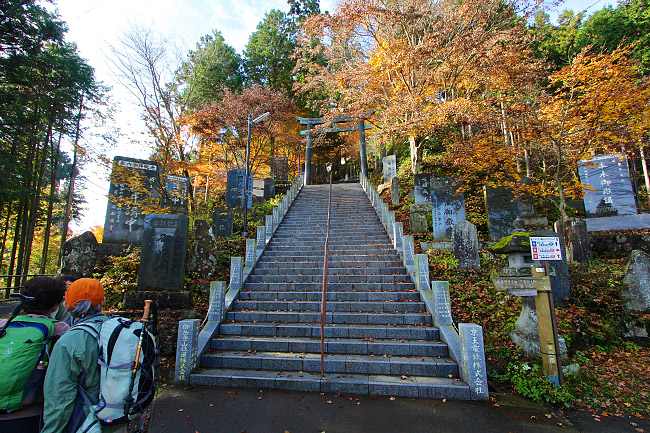
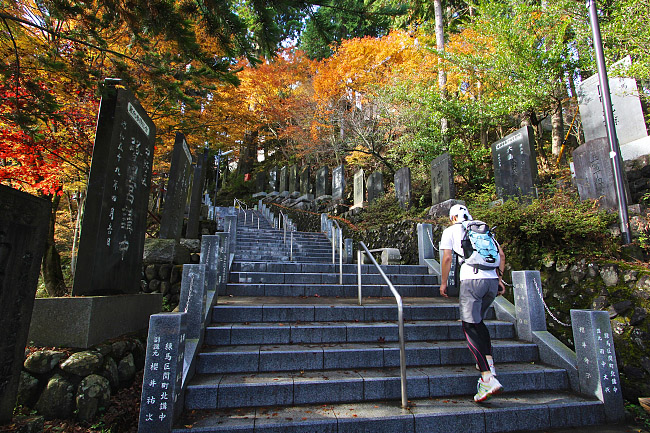
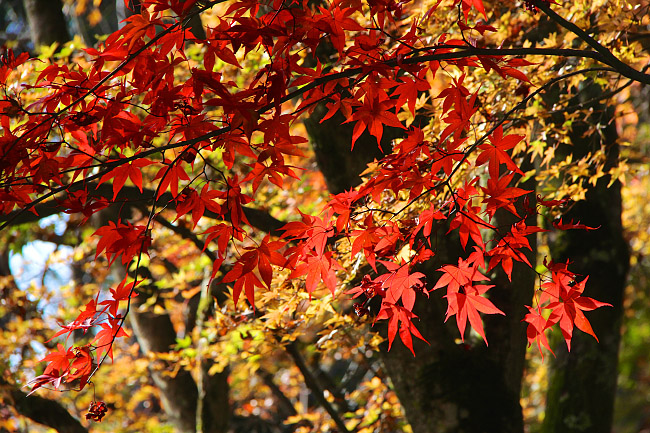
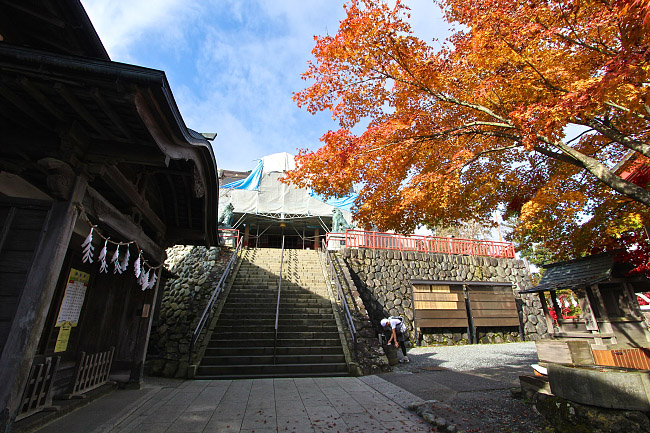
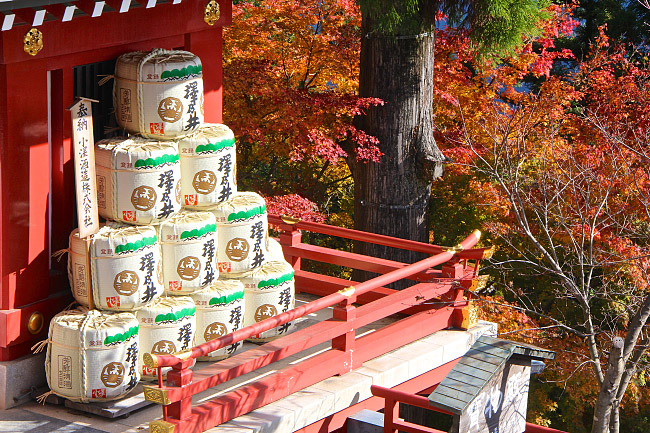
From the shrine, I hiked down into the forest. While the weather was still clear in the morning, I got to enjoy some nice colors popping out here and there on the surrounding mountains. While the colors beyond the village itself were definitely past their peak, they were still quite nice today.
As I made my way further into a deep gorge, I came across some beautiful scenery, including the gorgeous Nanayo Falls, one of a few falls in the area where Takigyo is practiced, and the Tengu Rock, a large cliffside boulder associated with the mischevious, mythical tengu.
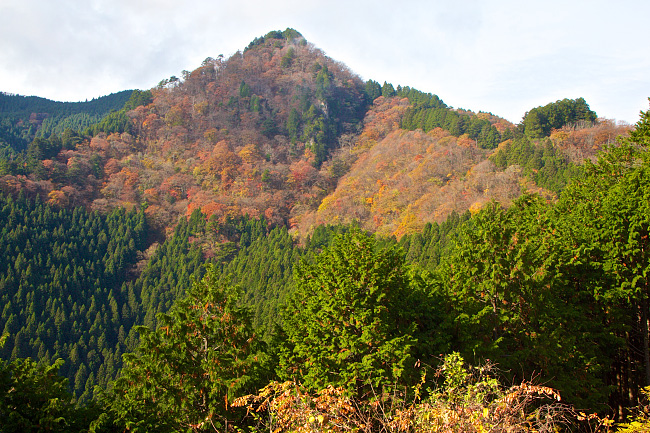
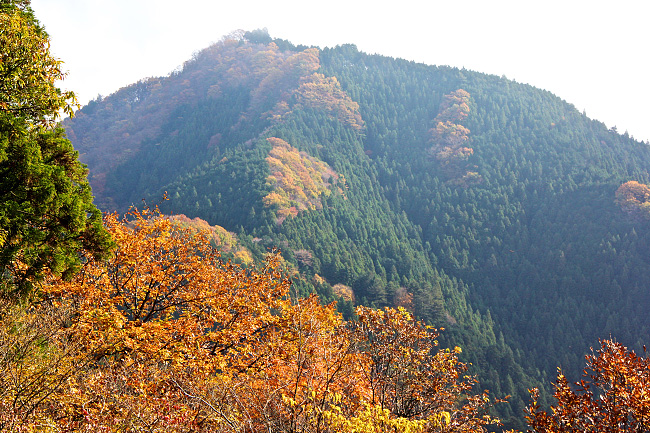
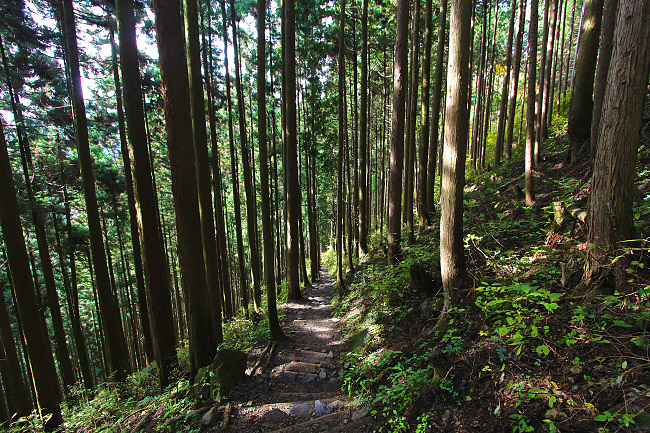
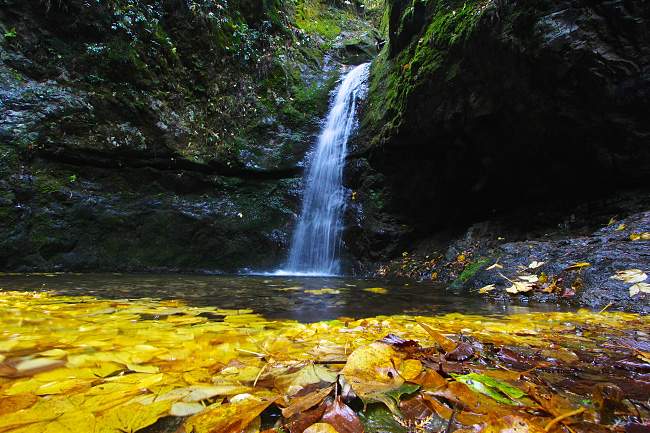
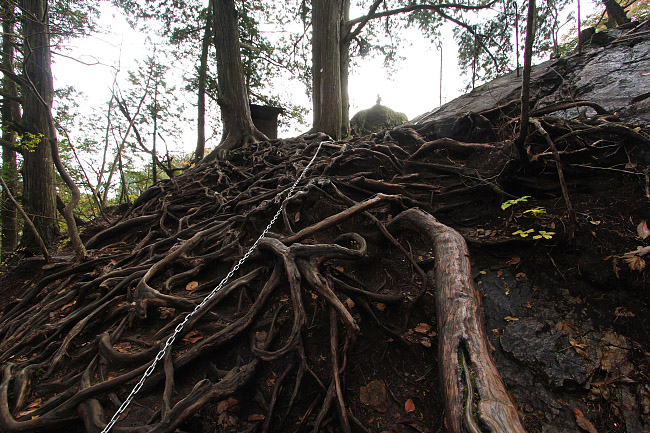
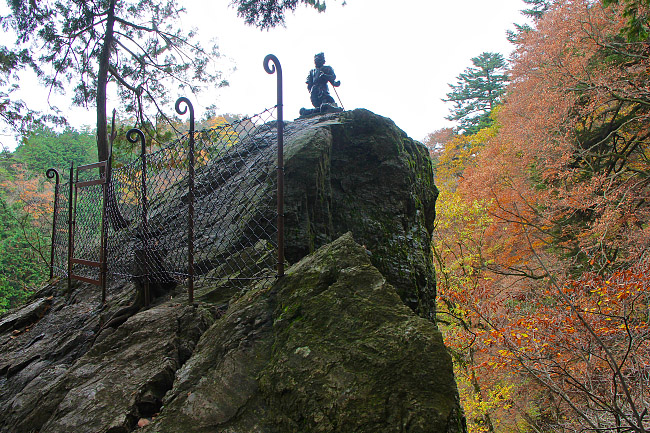
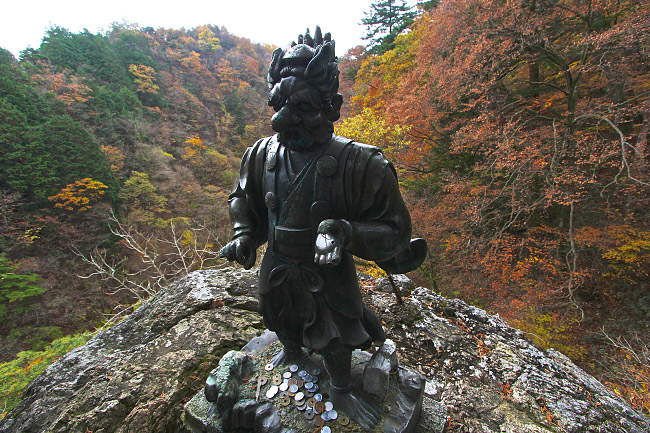
Perhaps the most beautiful part of my hike was an area just beyond the Tengu Rock which is known as the Rock Garden. The Rock Garden is a part of the trail that follows a small mountain stream at the bottom of a gorge littered with small moss-covered rocks. While the foliage in this incredibly tranquil area was mostly fallen, the carpet of leaves combined with flashes of red and yellow still on the trees was absolutely lovely and made for a peaceful, healing atmosphere. All in all, the trail was a great addition to the list of Tokyo's great autumn color spots, even if it feels like a complete world apart.
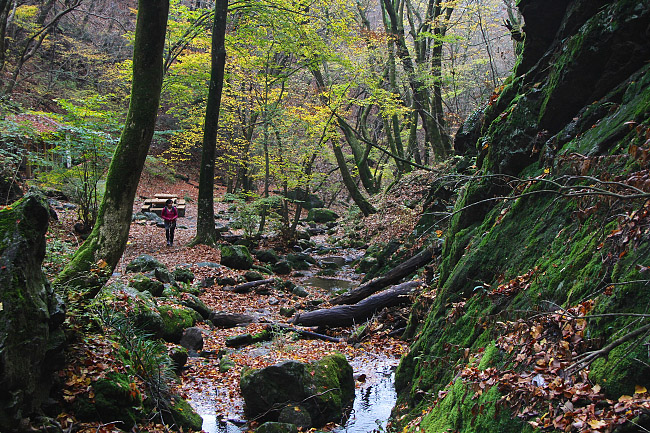
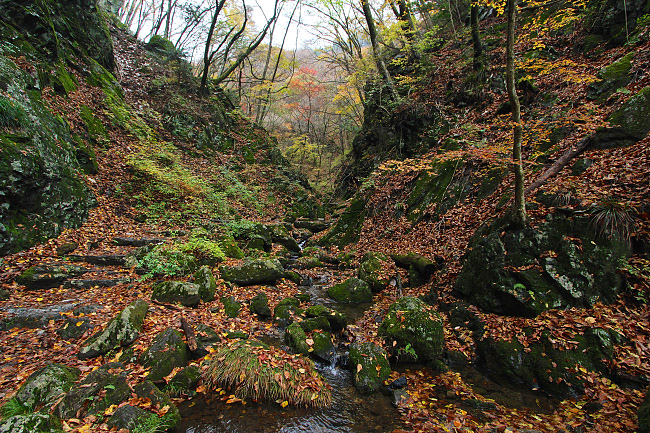
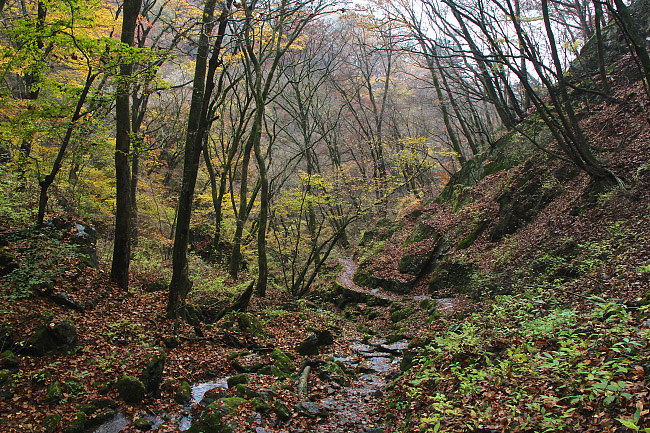
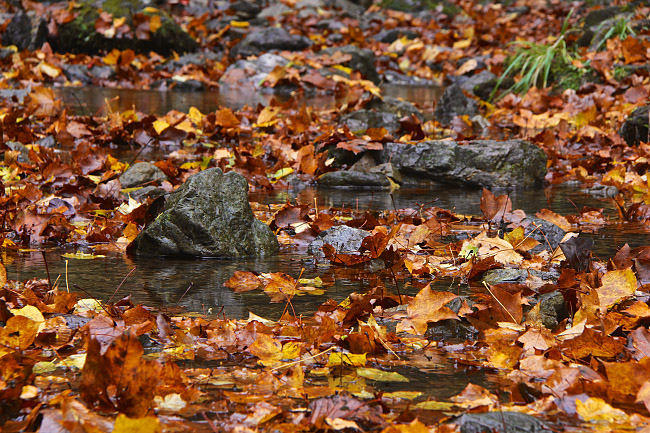
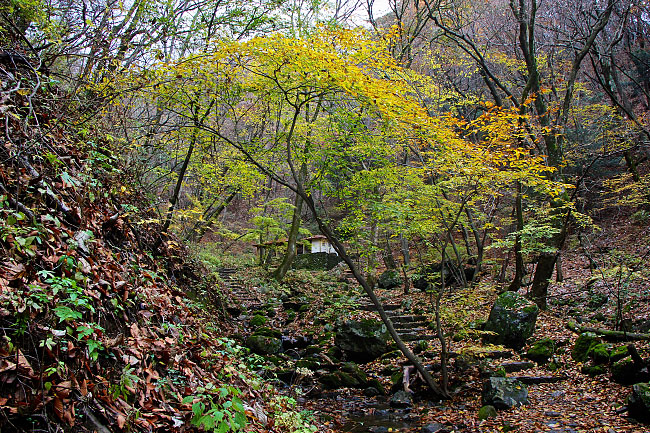
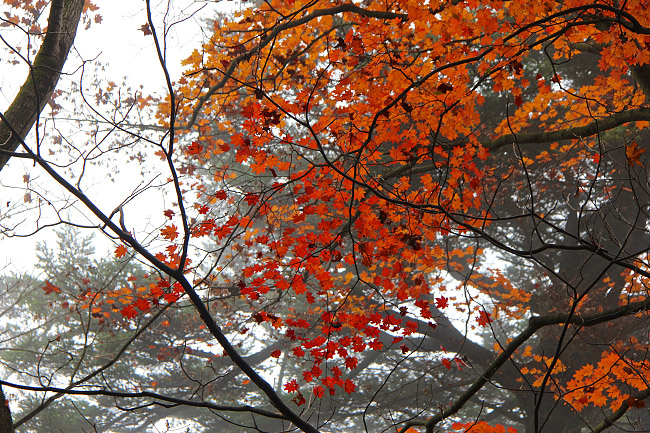
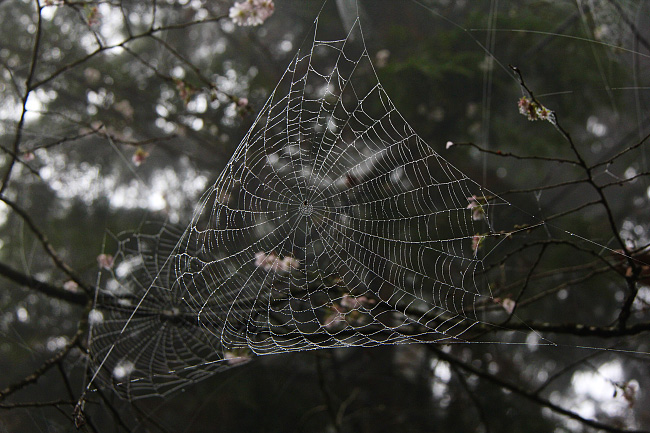
| previous post |
| next post |
Questions? Ask in our forum.